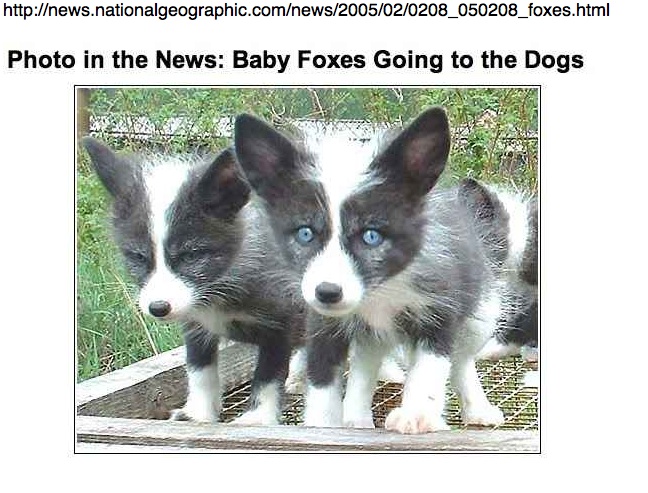A
Asyncritus
Guest
- Thread starter
- #61
Consider the ideas of skip, hop, jump, flutter, glide, fly.
Yeah, let's:
There's the problem in a nutshell.So running and jumping, skipping and hopping for 34-54 million years hasn't produced a flying ostrich. What makes you think that 34-54 million years of running, jumping etc will make a reptile fly?
Dave, can't you see that the frst creature had to have THE CAPACITY to do these things?These are progressive learning stages preruisite to the evovled flight we see today.
That is the instinctive requirement.
You can put on any number of bird suits, and run, jump, hop and skip for the next million years or so, but I doubt if you'll ever be able to fly.
That is what Barbarian is saying, in so many words.
A reptile puts on a bird suit (feathers), and hops skips and jumps for 34 million years. Will it be able to fly? If the ostriches are anything to go by, the answer is a resounding NO!
Why? Because the necessary instincts are absent.
Barbarian is on very thin ice at the moment, and will soon sink with his theory out of sight.The first skip may have been on thin ice...
Bye bye.....!!!
Last edited by a moderator:





